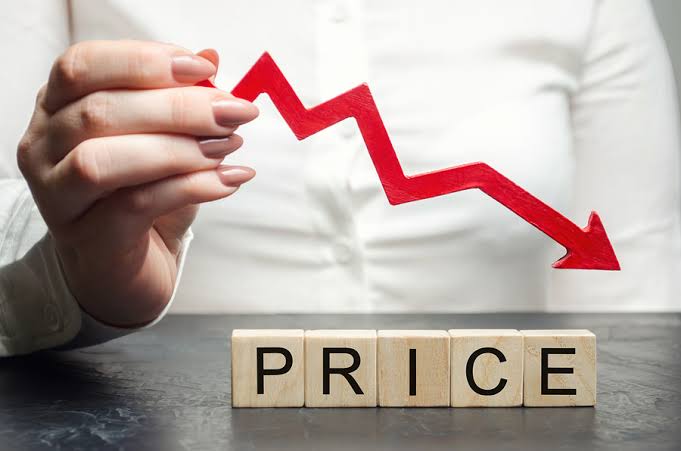The Pakistani government has officially raised the ex-mill sugar price to Rs165 per kilogram after consultations with sugar industry stakeholders. This marks a Rs25 increase from the previous ex-mill rate. The move comes amid concerns of sugar shortages and soaring retail prices across major urban centers.

To address the growing crisis, the government has approved the import of 500,000 metric tons of sugar. This large-scale import is intended to stabilize the domestic market, where retail sugar prices have already shot up to between Rs190 and Rs210 per kilogram in cities like Lahore, Karachi, and Islamabad.
One of the primary reasons for this price surge is the halting of sugar distribution by provincial food departments, along with allegations that sugar mills have deliberately slowed down or suspended supplies to create artificial shortages and profit from higher prices.
The Ministry of National Food Security and Research emphasized that this revised price is meant to ensure fair compensation to producers while also controlling hoarding and price gouging. Furthermore, provincial governments are tasked with monitoring and enforcing the new rates, ensuring that sugar remains available and affordable for the general public.
This price hike and import plan come at a time when inflation continues to burden ordinary citizens, making essential commodities increasingly unaffordable. Authorities are under pressure to ensure that both the pricing and availability of sugar are strictly regulated in the weeks ahead.
The government has raised the ex-mill sugar price to Rs165/kg, a Rs25 increase, and approved importing 500,000 tonnes to tackle shortages. Retail prices have surged to Rs210/kg due to halted distribution and hoarding. Provinces are now tasked with controlling prices and ensuring nationwide availability of sugar.
economy, sugar-prices, inflation

